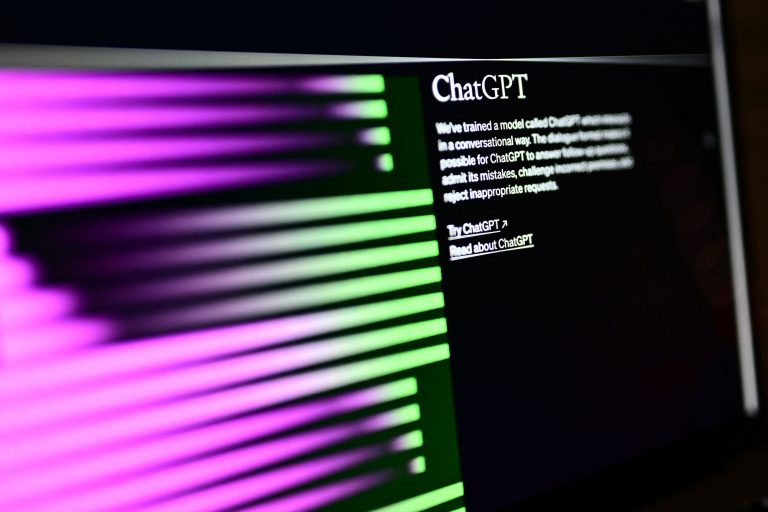The U.S. Centers for Disease Control and Prevention (CDC) recently revealed that it has received hundreds of reports of heart inflammation in young people inoculated with (Coronavirus Disease 2019) COVID-19 vaccines. The topic was highlighted at the FDA’s Vaccines and Related Biological Products Advisory Committee meeting, which discussed safety issues related to vaccinating children as young as six months.
According to a CDC report, 475 cases of pericarditis and myocarditis have been identified in vaccinated citizens aged 30 and younger. Myocarditis is inflammation of the heart muscle, whereas pericarditis is inflammation of the sac-like tissue around the heart called the pericardium. While 226 of the cases “meet CDC working case definition,” the remaining require follow-up and review.
- Of the 475 cases, 285 “had known disposition at time of report review.” Disposition refers to the physical or mental tendency towards a particular disease.
- 270 out of 285 cases were discharged from the hospital, while 15 patients remained hospitalized, including three people in the intensive care unit (ICU). Ongoing signs or symptoms were reported in 41 cases.
- 246 out of 270 discharged patients returned home, while three patients went to a facility. The status of the remaining 21 was unknown.
Out of the 789 total reports of myocarditis or pericarditis, 488 were associated with the Pfizer-BioNTech vaccine and 301 with Moderna. Among people injected with the Pfizer-BioNTech vaccine, 116 reports were made following the first dose, while 372 reports were made after the second. For Moderna, the numbers were 100 and 201, respectively.
The CDC noted that the “Median age of reported patients is younger,” and that “median time to symptom onset is shorter among those who developed symptoms after dose 2 vs. dose 1.” The younger age groups that were affected mostly consisted of males, especially after the second dose. More cases were observed after the second shot than after the first, with a case rate of 16 cases per million second doses.
“Analysis of VAERS preliminary reports of myocarditis/pericarditis is in progress, including follow-up to obtain medical records, complete reviews, apply CDC working case definition, and adjudicate cases,” the report said.
Success
You are now signed up for our newsletter
Success
Check your email to complete sign up
At the FDA meeting, Tom Shimabukuro from the CDC COVID-19 Vaccine Task Force stated that the observed reports of myocarditis and pericarditis in the 16 to 17 age group and 18 to 24 age group were “exceeding the expected based on the known background rates that are published in literature,” reported The Epoch Times.
Shimabukuro found that over half the 528 cases reported after the second dose, with symptom onset within 30 days, occurred in the 12 to 24 age group despite this demographic only accounting for nine percent of total vaccine doses administered. “[We] clearly have an imbalance there,” Shimabukuro said.
Dr. Cody Meissner, chief of the Division of Pediatric Infectious Disease at Tufts Children’s Hospital, stated that he was “struck by the fact” that the cases of myocarditis popped up more commonly after a person had taken the second shot of the vaccine.
“It’s a pretty specific interval of time, it’s primarily after the mRNA vaccines as far as we know, we know that the consistent age, there’s a lack of alternative explanations even though these patients have been pretty well worked up, and it’s a widespread occurrence because, as you said, Israel has found a pretty similar situation,” Meissner said.
He also raised concerns about heart inflammation in the young following immunization. The doctor brought up the question of whether the condition would eventually lead to arrhythmia or scarring of the muscular tissue.
“I think that’s unlikely but we don’t know that… So, before we start vaccinating millions of adolescents and children, it’s so important to find out what the consequences are,” Meissner said, as reported by CNBC. Arrhythmia is a condition where the heart rhythm becomes abnormal or rapid, and can be triggered by myocarditis.
The Advisory Committee on Immunization Practices (ACIP) has scheduled a meeting for June 18 to “update data, further evaluate myocarditis following mRNA COVID-19 vaccination, and assess benefit-risk balance.”
With reporting by Arvind Datta.















